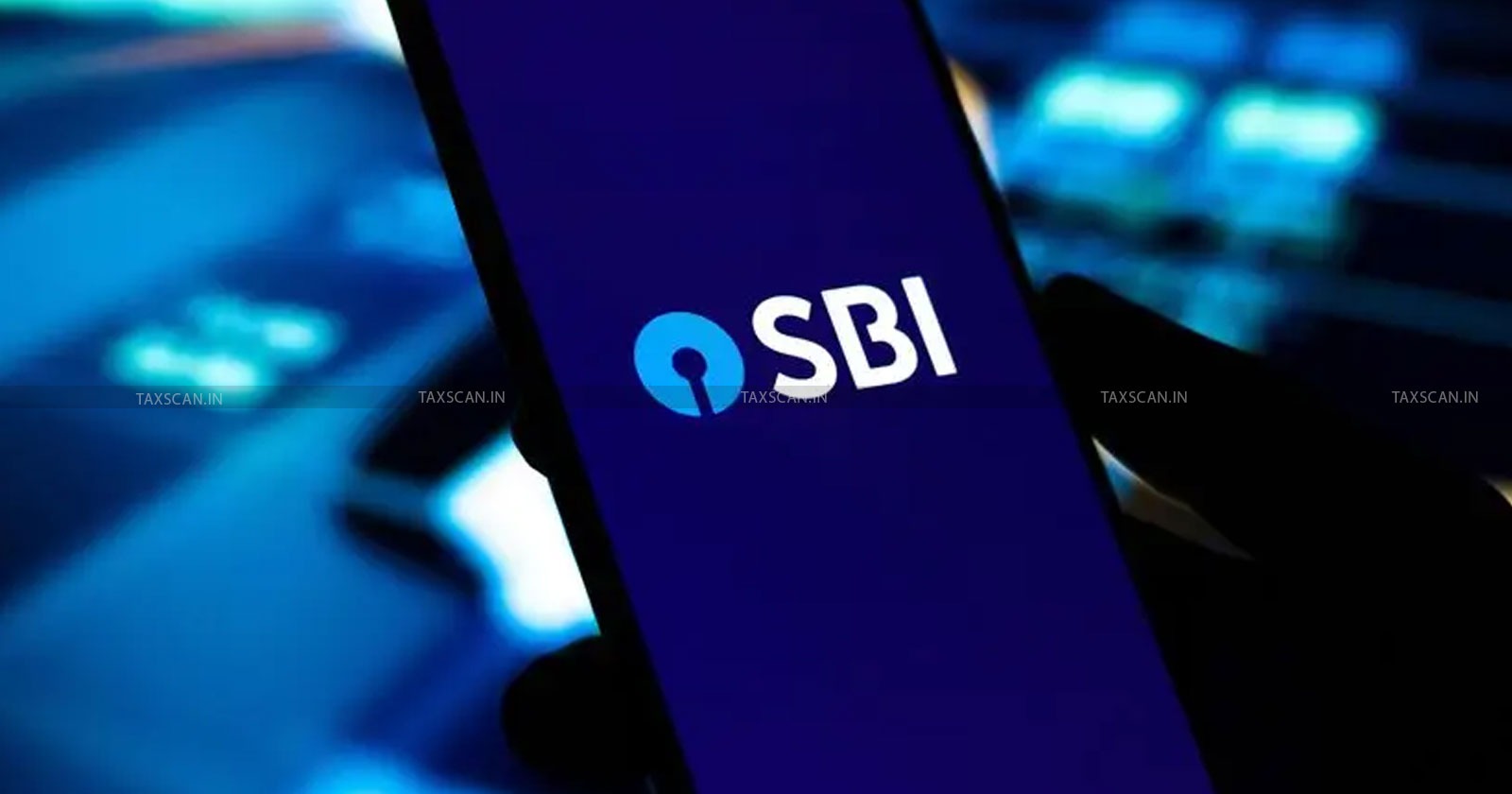Challenge on notice issued u/s 13(4) of SARFAESI Act: Punjab & Haryana HC Directs to approach DRAT [Read Order]
In view of the statutory, efficacious remedy available by way of appeal under Section 17 of the SARFAESI Act, the High Court ought not to have entertained the writ petitions
![Challenge on notice issued u/s 13(4) of SARFAESI Act: Punjab & Haryana HC Directs to approach DRAT [Read Order] Challenge on notice issued u/s 13(4) of SARFAESI Act: Punjab & Haryana HC Directs to approach DRAT [Read Order]](https://images.taxscan.in/h-upload/2025/08/01/2071860-sarfaesi-act-drat-taxscan.webp)
The High Court of Punjab and Haryana relegates the petitioners to avail the statutory remedy of approaching the Debt Recovery Tribunal or Debt Recovery Appellate Tribunal for a challenge on the notice issued under section 13(4) of the Securitisation and Reconstruction of Financial Assets and Enforcement of Security Interest Act, 2002(SARFAESI).
Paramhans and another, the petitioners, who are borrowers/guarantors have approached the Court challenging the notice dated 17.02.2025 (Annexure P-1) issued under Section 13(4) of the Securitisation and Reconstruction of Financial Assets and Enforcement of Security Interest Act, 2002, on various grounds.
Want a deeper insight into the Income Tax Bill, 2025? Click here
 Also Read:Telangana HC Dismisses State Bank of India's Writ Plea: Upholds Auction Invalidation Over SARFAESI Violations [Read Order]
Also Read:Telangana HC Dismisses State Bank of India's Writ Plea: Upholds Auction Invalidation Over SARFAESI Violations [Read Order]
The Apex Court has come down very heavily on High Courts which interfere in SARFAESI Act matters under Article 226 of the Constitution, since the 2002 Act is a complete Code providing not CWP-20949-2025 only detailed procedure for recovery, but also remedy before Debt Recovery Tribunal and Debt Recovery Appellate Tribunal. It does not appear that the petitioners have availed the statutory remedy of approaching DRT and/or DRAT.
A bench of Justice Sheel Nagu, Chief Justice and Justice Sanjiv Berry declines interference on merits in view of the decision of the Apex Court in United Bank of India vs. Satyawati Tondon, 2010; Phoenix Arc Private Limited vs. Vishwa Bharati Vidya Mandir and others, (2022) and PHR Invent Educational Society vs. UCO Bank and others, (2024).
In these cases, it was observed that Both, the Tribunal and the Appellate Tribunal are empowered to pass interim orders under Sections 17 and 18 and are required to decide the matters within a fixed time schedule. It is thus evident that the remedies available to an aggrieved person under the SARFAESI Act are both expeditious and effective.
How to Audit Public Charitable Trusts under the Income Tax Act Click Here
In view of the statutory, efficacious remedy available by way of appeal under Section 17 of the SARFAESI Act, the High Court ought not to have entertained the writ petitions.
Considering precedents, the court relegates the petitioners to avail the statutory remedy of approaching the Debt Recovery Tribunal or Debt Recovery Appellate Tribunal, as the case may be.
Support our journalism by subscribing to Taxscanpremium. Follow us on Telegram for quick updates


